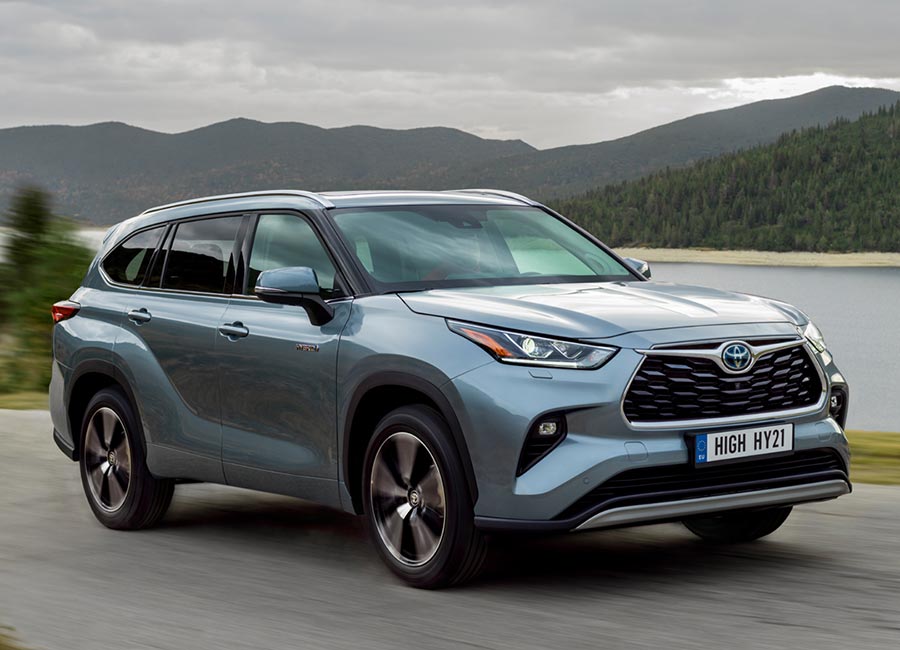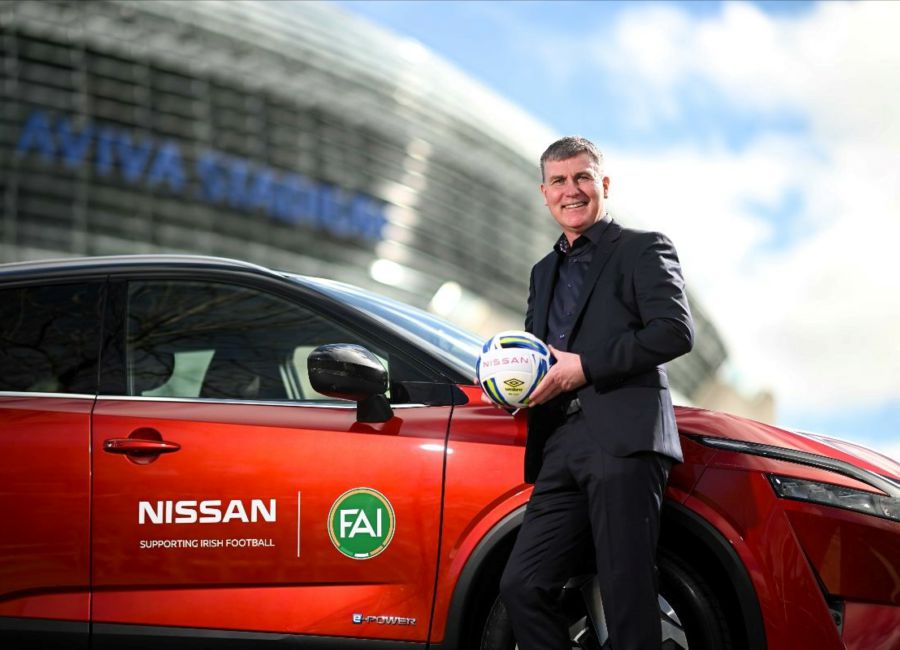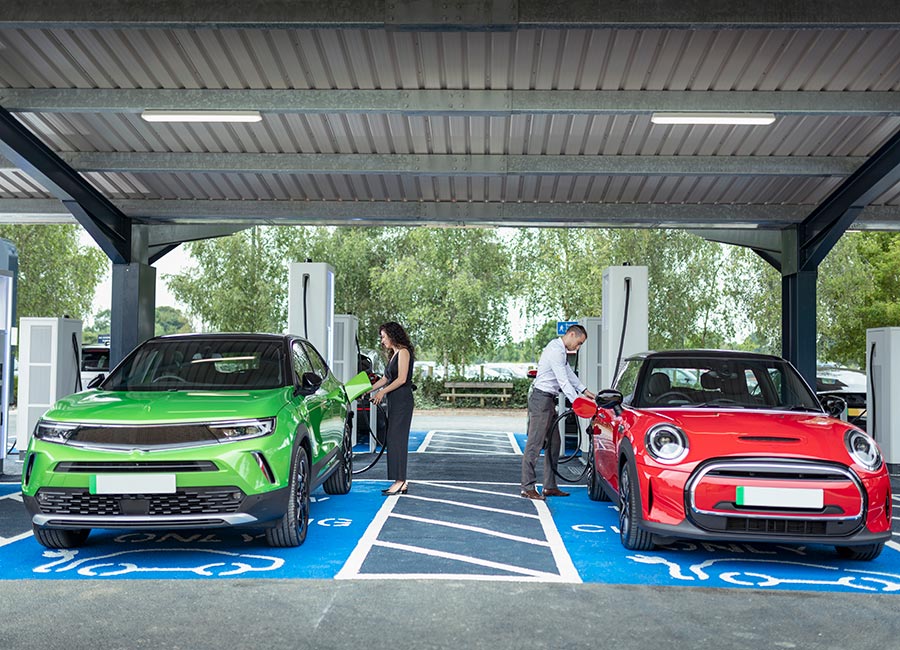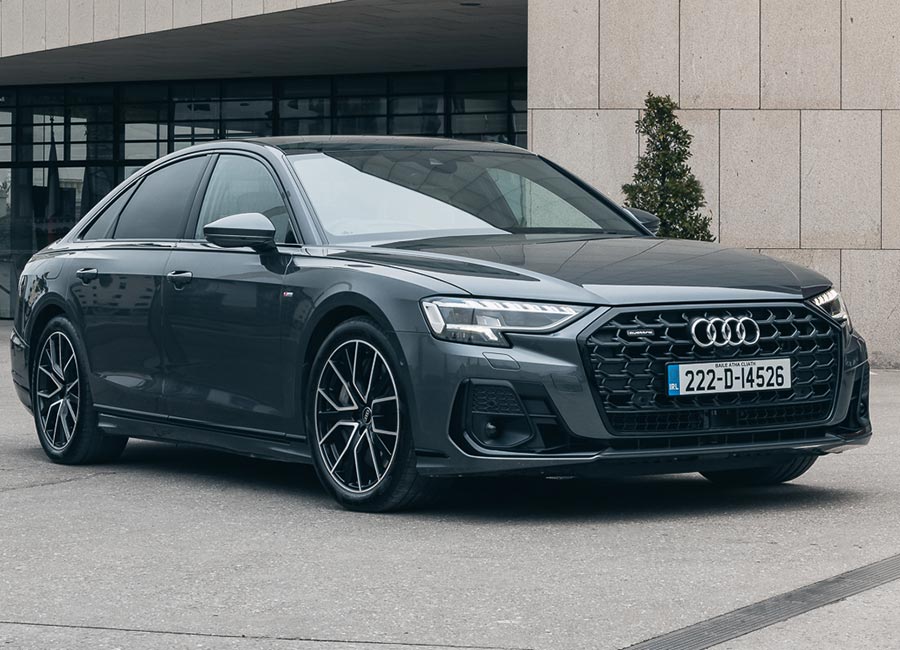Motorists can now make a profit on their second-hand cars, which are going up in value the longer you keep them, a startling new study has found.
Used vehicles are now 67% more expensive than before the pandemic hit in 2020, with prices rising by 21% a year.
The old adage that a car loses thousands in value as you drive it off the forecourt is no longer true, the study by DoneDeal reveals.
Instead, pre-owned cars are soaring in value thanks to Brexit and a post-pandemic shortage of microchips which is hampering vehicle production and restricting the supply of new cars to the market.
One salesman said: "It's true: we're importing less. People are keeping cars longer so there's less second-hand ones. All those things add up to higher prices."
A 2013 Audi A4, which sold for €11,224 in July of last year, would ordinarily be expected to fetch €9,136 in July 2022, a drop of more than €2,000. But they are actually selling for €12,443, adding €1,219 in value - despite being a year older and with more mileage.
One motorist revealed how he bought a new Skoda Enyaq for €50,000 last year and recently sold it for exactly the same price, despite running up heavy mileage of 30,000km.
Told yesterday of the surprising used car price increase, AA Ireland's Paddy Comyn said: "That's a lot!"
He said that Brexit was the key factor in the rising costs, remarking: "Once Brexit happened, that allowed increased tariffs on used diesels coming in from another jurisdiction.
"So the situation where it made financial sense to import a car from the UK has pretty much evaporated because there can be extra duties put on which weren't in place before," he said. "That's the primary reason. So it didn't make as much sense to import a used vehicle from the UK and the supply of used vehicles in Ireland didn't catch up, so it's harder to get one.
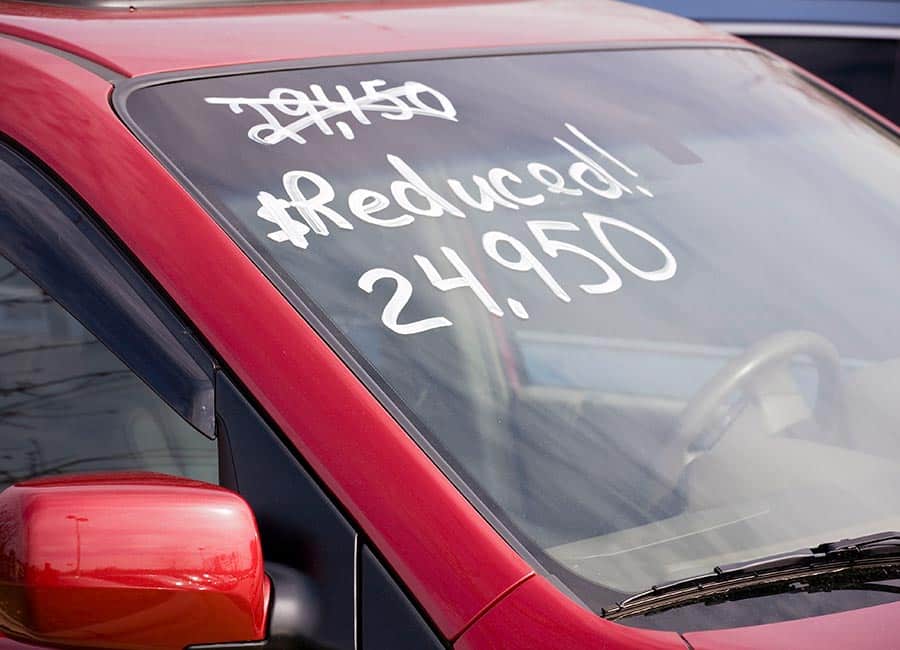
"Linked with that is reason two, which is the chip shortage globally which affected the production of new cars.
"So if it got harder to buy a new car, and if you needed to change your car, you had to buy a used car, so the demand for used cars made them more expensive."
Mr Comyn added: "There are anecdotal stories of dealers asking customers if they will sell their cars back - that's happening across the country."
The University of Galway's Dr Tom Gillespie, the author of the report, said: "Celtic Tiger-era cars, of which there was once a major glut, are now quickly becoming obsolete. Replacing the needed supply of older cars is difficult, as they are generally higher in carbon dioxide emissions and therefore subject to more stringent tariffs. For a cohort of the population who can't afford cleaner and more expensive cars, there will always be a necessity for cheaper cars.
"It is therefore likely that prices in the lower end of the market will continue to rise until cheaper car prices in the UK, plus tariffs, are competitive with the equilibrium level of prices in Ireland."
As imports from the UK have fallen because of Brexit-induced tariffs, imports from Japan, which is also a right-hand-drive country, have surged. The quarterly rate of inflation for cars valued below €6,000 is at 6.4%, almost double the 3.3% rate in the upper end of the market of cars worth more than €20,000.
The DoneDeal report said: "The slowdown in price inflation would give an expectation that prices of used cars may be peaking.
"However, this doesn't seem to be the case as the quarterly price inflation for Q3 stands at 3.5%, a slight increase on Q2. For context, a 'normal' rate of inflation - the average rate in the years, for example - would be 0.8%."
The situation is expected to ease as the production of new vehicles returns to normal levels. "It's slowly doing so," Mr Comyn of the AA said. "I don't think we'll see things being perfect this year but things are getting better. The only thing we can hope for is a freeing up of the supply chain of new cars.
"That goes back to Covid times; all of the chips that were required went to laptops when everyone was working from home."
One used-care dealership said it is now easier to source right-hand drive cars from Japan than Britain because of the extra tariffs and red tape caused by Brexit.
Naas Road Autos in west Dublin has been importing right-hand drive cars from Japan for 30 years and says many other dealers are increasing their trade with the Far East. Car salesman Leigh Hunt said his supply of used cars has switched to imports from Japan rather than the UK.
He said the cause was the lack of supply from the UK as imports from there attract tariffs since Brexit. The fall in the value of sterling has also sent the cost of new imported cars in Britain higher, meaning people opt to keep their current car, so there are less used cars on the market. He remarked: "We're selling 100 Japanese cars a month whereas previously most of those would have been from Britain. It's expensive and it takes 12 weeks to get the cars from Japan, so your money's tied up for 12 weeks. A lot more dealers are doing it ."
But those hoping to flog their motor to make some easy cash to combat the cost-of-living crisis have been warned they may struggle to source a replacement.
Mr Comyn said: "The difficulty is the supply of cars in and around the 'affordable' cars of €15,000 to €20,000 are very, very thin on the ground. People might have bought their used car for €19,000 and two years later it's still worth €18,000. So if you sell it you have to replace it. If you're moving to a bus or a train, that's fine, but if you're planning on replacing it, that's where you run into a problem."





